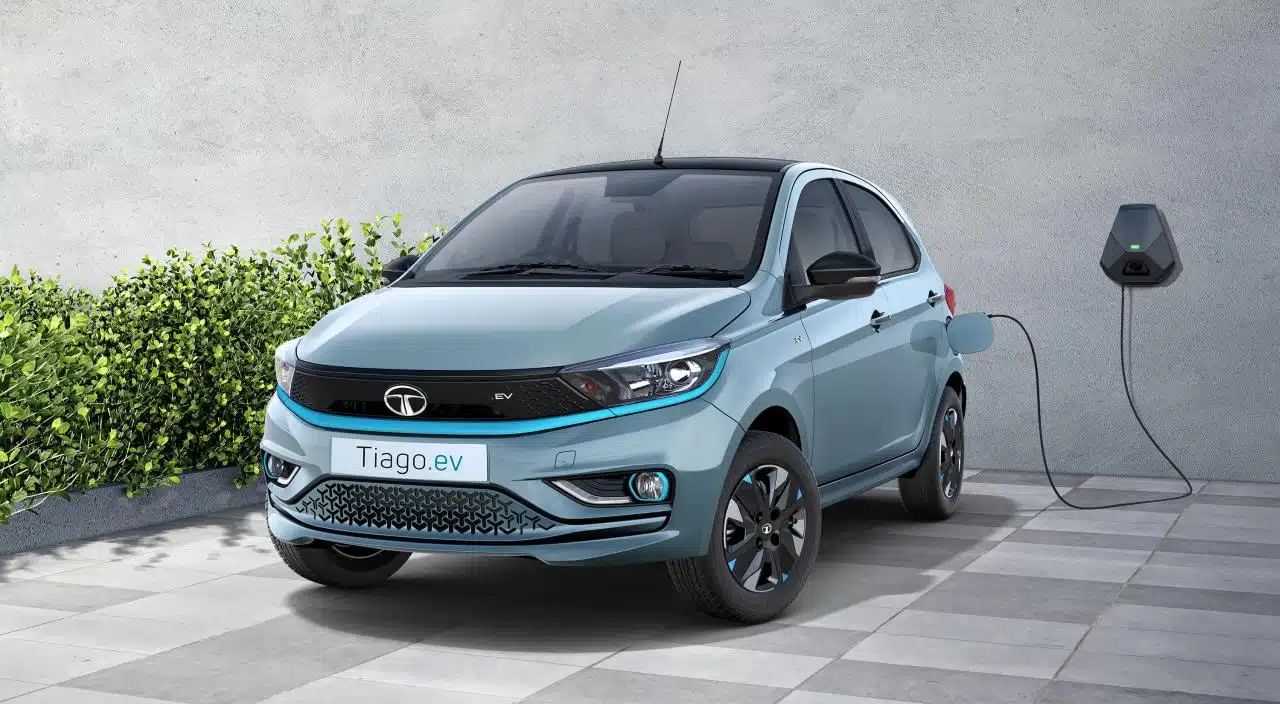Tata Tiago EV: Electric car for €10,000
The aim is to encourage the Indian population to switch to electric mobility.
While German carmakers are increasingly focusing on the electrified luxury segment, the Indian manufacturer Tata Motors - the parent company of Jaguar Land Rover - is building an electric car for just under 10,000 euros.
The Indian car market is small: with more than one billion inhabitants, only about three million cars are sold annually. Tata now offers the Tiago EV, the cheapest electric model on the market - for 10,370 dollars (about 10,400 euros).
The next cheapest electric car in India - the electric version of Tata's Tigor - costs about 5,000 euros more. Only in China are there even cheaper electric cars, which can be had there for around 4,500 euros. However, the current low entry price is limited to 10,000 units. According to Tata, 10,000 orders were placed on the first day. The company did not want to disclose how much the Tiago EV will cost afterwards.
The Tiago EV is the electric version of the Tiago Hatchback - one of Tata Motors' bestsellers. The low cost is achieved with a deliberately low range. In the cheapest version, the range with a 19.2-kilowatt-hour battery is about 250 kilometres, in a more expensive version with 24-kilowatt hours, 315 kilometres. However, Indian drivers only drive 50 kilometres a day on average anyway.
Despite its low price, the Tiago EV scores with a touchscreen, sports driving mode, sound system, optional imitation leather seats and a cooled glove compartment. According to Tata, the running costs are only one-seventh of the petrol version. At the fast-charging station, however, the Tiago EV in both battery versions takes 57 minutes to charge the battery from 10 to 80 per cent, according to Tata. The Tiago EV charges a maximum of 7.2 kilowatts on AC (3.3 kilowatts in the cheapest version).
Currently, only one per cent of cars in India are electric. The government wants to increase this share to 30 per cent by 2030. So far, Tata is the only manufacturer in the country to offer electric vehicles. Thanks to government subsidies and high import duties, this is likely to remain the case. Tata plans to launch a total of ten electric models by 2026. Its domestic competitor Mahindra, on the other hand, is currently raising $500 million in investments to build up its EV division. Mahindra is planning an electric SUV as its first model.
